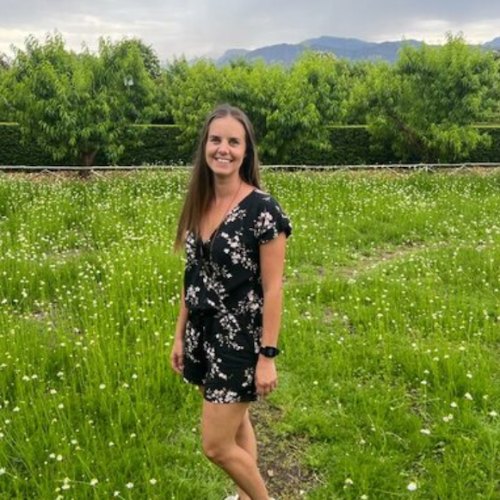MUST-DO: Café Caprice is a favourite spot for Camps Bay partygoers, with cocktails, DJs and bar food, but locals prefer Dizzy’s Café, a more casual pub that often has live music and is open 'til 4am.
Johannesburg Nightlife Guide
ROSEBANK
Rosebank is a cosmopolitan suburb between downtown Joburg and Sandton, where you’ll find shopping malls and two of the city’s best art galleries. The Everard Read Gallery and its sister Circa Gallery stand on the corner of Jellicoe Avenue and offer a great collection of contemporary sculpture, as well as fine art and photography. Nearby is the Keyes Art Mile, a growing new development based on design-led shops, including interior decor and sneakers, and restaurants serving food that will delight Instagrammers.
After an evening of culture, Rosebank has plenty of places to eat and drink. One of the more unusual is the intimate Sin + Tax “speakeasy”, which serves great cocktails until 1 am.
MUST-DO: Enjoy great views of the western suburbs from the roof of the exciting Circa Gallery, built with design elements from Zulu cattle kraals and the ruins of Great Zimbabwe.
MABONENG PRECINCT
A formerly neglected part of the central business district near Ellis Stadium, the Maboneng Precinct is now home to a creative community supporting arty cafés, restaurants, shopping and some fun nightlife.
Art lovers will enjoy David Krut Projects, run by an art dealer who specialises in South African art. It’s inside Arts on Main, a former industrial space now full of advertising agencies and shops as well as galleries and private studios for artists such as William Kentridge.















